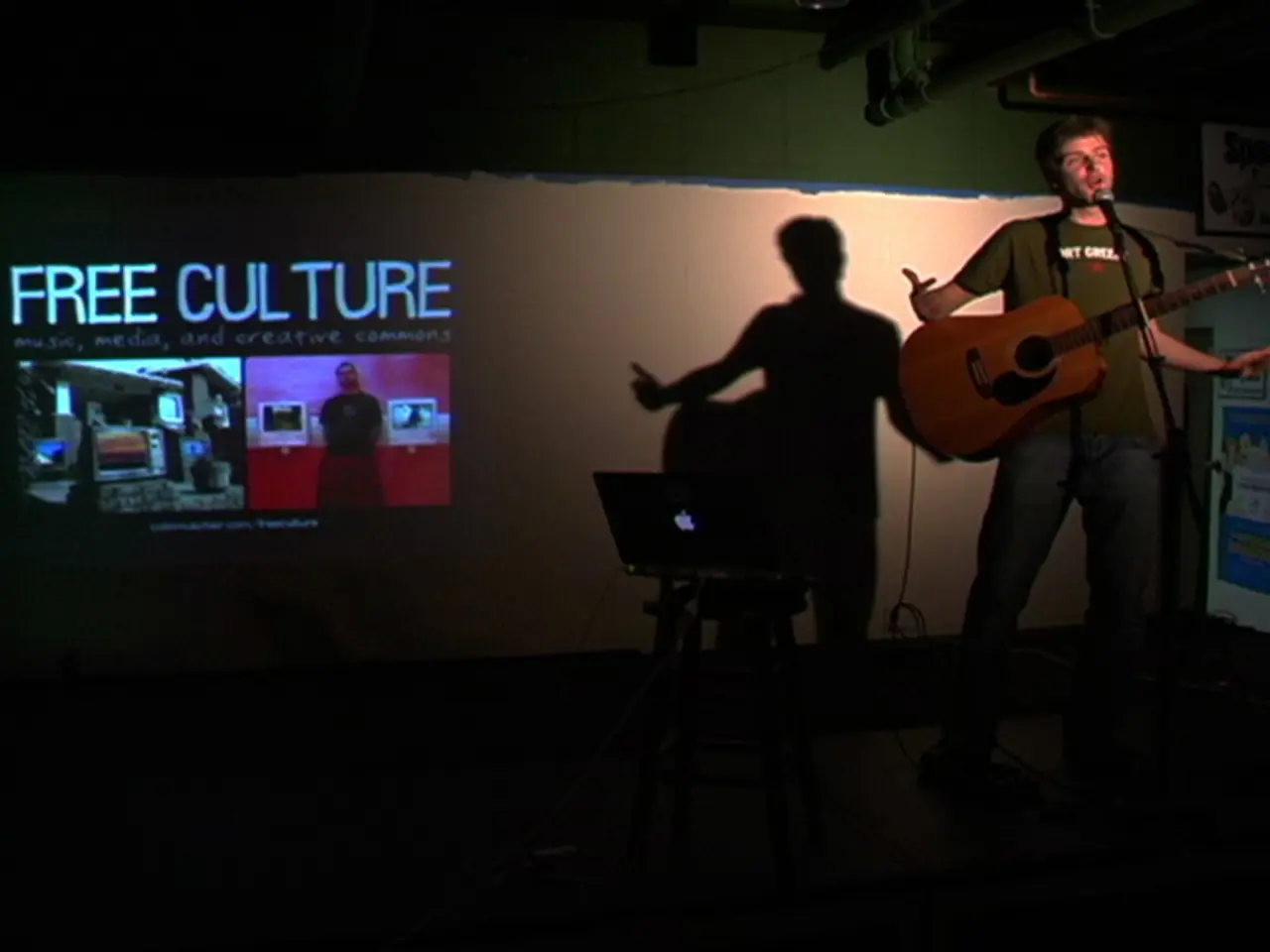Understanding the Concept of "Crip Time" Crucial for Molly-Mae Hague, Regarding Disabled and Chronically Ill Individuals' Perspective
English social media influencer Molly-Mae Hague has found herself at the centre of a controversy, following a comment she made about time management. In a podcast episode titled "The Diary Of A CEO," Hague said, "There's only 24 hours in a day," a statement that went viral and sparked backlash.
The context of Hague's phrase reflects a common motivational idea used in productivity and self-help culture, suggesting that everyone has equal opportunity to accomplish goals if they manage their time well. However, critics argue this overlooks structural inequalities and personal limitations, a core critique against the girlboss ideology that promotes hyper-productivity and individual responsibility without acknowledging systemic barriers.
The controversy is linked to the concept of crip time, a term from disability studies. Crip time challenges standard notions of productivity and time management by emphasizing the need for flexibility and recognition of varied pacing due to chronic illness, disability, or other personal circumstances. Molly-Mae's statement was viewed as erasing these lived experiences, thus sparking controversy and conversations about the limits of the "same 24 hours" maxim in real life.
For chronically ill individuals, everything requires more energy and time to complete due to non-conformity with standard working methods. The assumption that anyone can "go in any direction" ignores the lack of accessibility in the working world for many of these people. Many young people with skills and talent to compete with Hague for creative roles in the fashion industry are living at or below the poverty line due to inadequate government assistance for disability.
The impact of Hague's comments led to a broader discussion about how motivational phrases like this can unintentionally perpetuate exclusionary ideas, reinforcing pressures that ignore diversity in people's abilities and life situations. This ties into wider critiques of influencer culture and the motivations behind "girlboss" empowerment messaging, which sometimes neglects intersectional realities.
The girlboss narrative, which Hague promotes, is almost Thatcherite in its expression. Hague compared herself to successful entrepreneurs and celebrities, including Beyoncé, using the phrase "we all have the same 24 hours in a day." However, this comparison overlooks the privileges and opportunities that these individuals have, which are not available to everyone.
The tying together of physical output with worthiness perpetuates an ableist mindset that those who work the hardest are better than those who cannot. This mindset is harmful and particularly so to those unable to physically contribute to work or pursue societal goals due to chronic illness.
In light of the controversy, it is suggested that Molly-Mae Hague should educate herself on "crip time" to gain a better understanding of the challenges faced by those with different temporal experiences. It is crucial for influencers, particularly those with a wide reach, to be mindful of the impact their words can have and to promote messages that are inclusive and considerate of all individuals.
[1] This article draws on the works of Alison Kafer, a professor in disability studies, who describes the concept of "crip time" in her book Feminist, Queer, Crip. The article does not repeat earlier facts about the criticisms Hague faced on Twitter or the larger issues within influencer culture. The author also does not repeat earlier facts about Molly-Mae Hague's comparison to successful entrepreneurs and celebrities, her six-figure income, or the controversies surrounding her podcast appearance. The author also does not repeat earlier facts about Alison Kafer's book, the girlboss narrative, or the company Hague works for and its harmful practices.
- The controversy surrounding Molly-Mae Hague's statement about time management highlights the importance of understanding the impact of 'mental-health' issues, such as the stress and pressure caused by unrealistic expectations for productivity, on individuals facing unique challenges, like those with 'chronic-diseases' or 'medical-conditions'.
- There is a need for 'health-and-wellness' influencers, including Molly-Mae Hague, to be informed about concepts like 'crip time' and the diverse experiences it represents, as their platforms have the potential to promote more inclusive and considerate 'science'-based perspectives on productivity and time management, thereby fostering a more supportive and less exclusionary global community.




